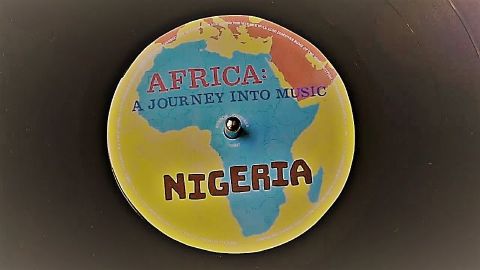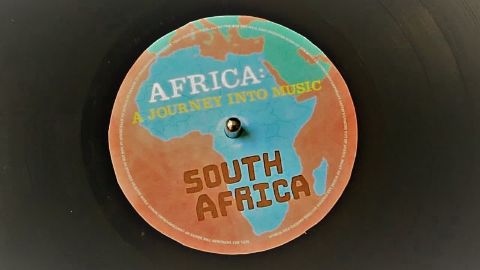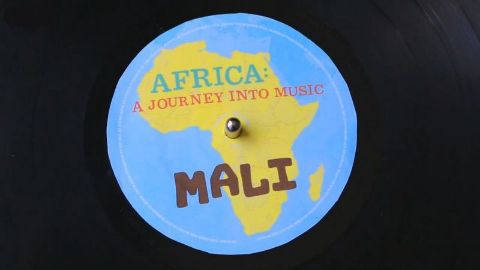Mali • 2018 • episode "3" • Africa: A Journey into Music
DJ and broadcaster Rita Ray travels to Mali in West Africa, home to a deep musical culture and ancient instruments that are the hallmark of their sound. Mali has produced more Grammy-winning artists than any other African country, and this well of talent has drawn in artists and producers from around the world to collaborate with the local musicians. Whilst the country has been rocked by Islamist insurgency, leading to a ban on music in some areas, Rita finds out how a traditional way of life and rich musical culture have endured.
Make a donation
Buy a brother a hot coffee? Or a cold beer?
Hope you're finding these documentaries fascinating and eye-opening. It's just me, working hard behind the scenes to bring you this enriching content.
Running and maintaining a website like this takes time and resources. That's why I'm reaching out to you. If you appreciate what I do and would like to support my efforts, would you consider "buying me a coffee"?
Donation addresses
BTC: bc1q8ldskxh4x9qnddhcrgcun8rtvddeldm2a07r2v
ETH: 0x5CCAAA1afc5c5D814129d99277dDb5A979672116
With your donation through , you can show your appreciation and help me keep this project going. Every contribution, no matter how small, makes a significant impact. It goes directly towards covering server costs.







